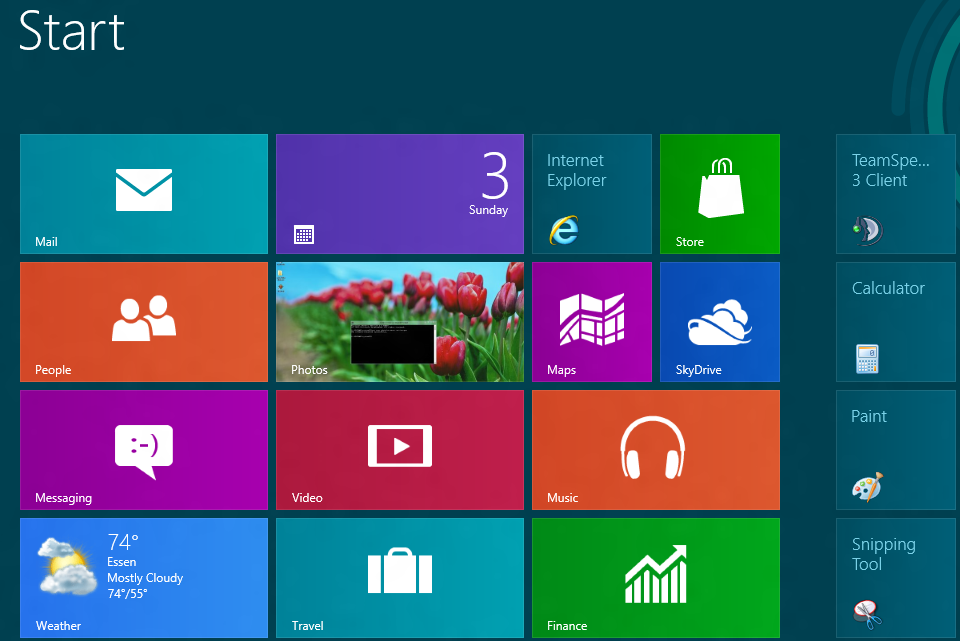
Windows 8 deserves a chance
When I set up my first Windows 8 system back when Microsoft released the Developer Preview, I was somewhat irritated by the removal of core operating system features like the Start menu that I had been using for over a decade in different versions of Windows. Even more alien was the new startpage that Microsoft had added to the operating system which felt like a new interface that had nothing to do with the desktop and the way Windows used to be.
I too believed at this point that Microsoft was making a huge mistake, that it was betting big on touch and that touch-enabled devices would become the de facto standard in computing. While I believed that they got it right for the mobile computing market, I could not see myself using a touchscreen on my desktop PC. Sure, the startpage and Charms menu did support mouse and keyboard as well, but it somehow felt like something that Microsoft added on top of the native controls.
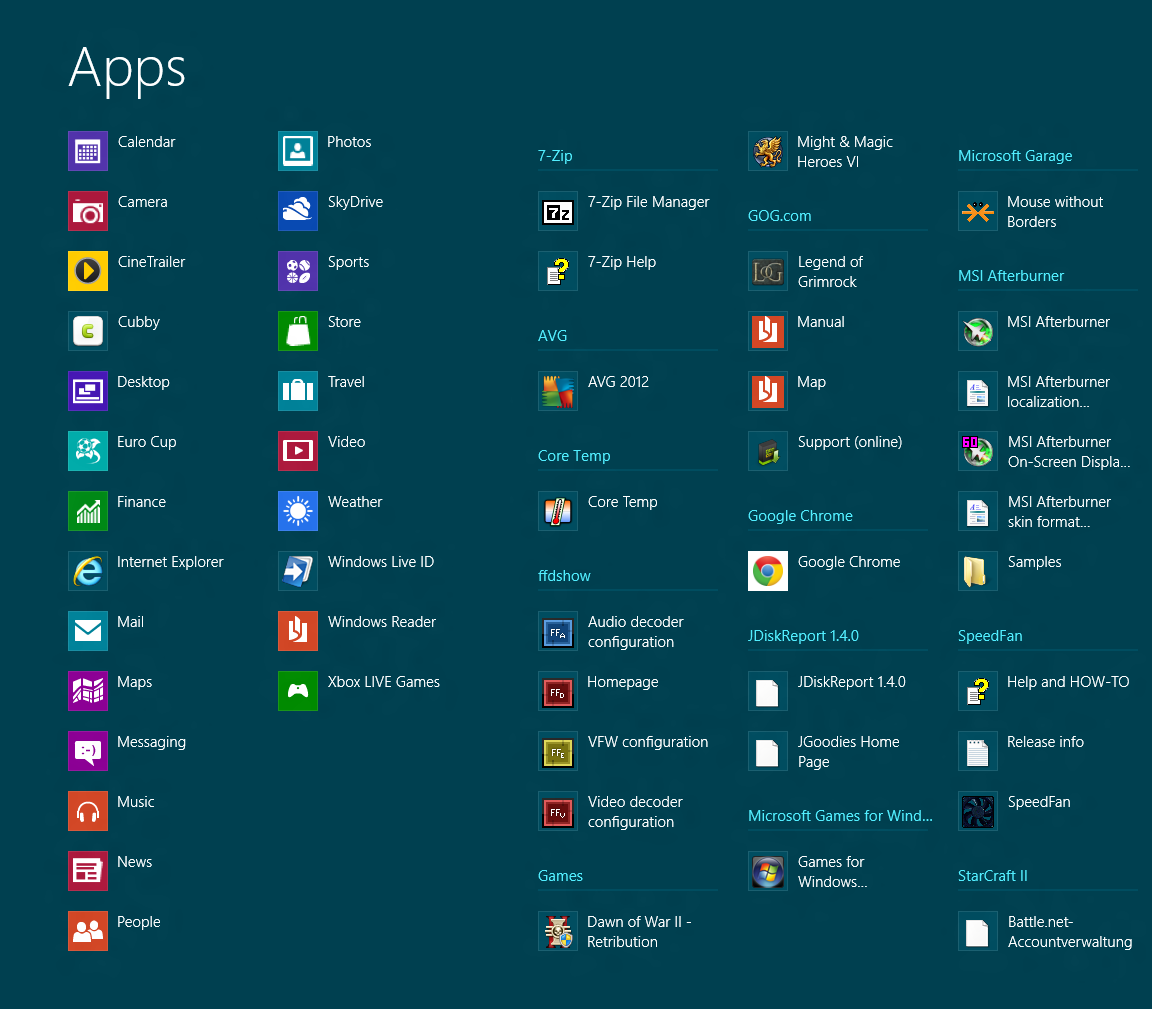
Tame the Windows 8 All Apps screen
If you install many apps and programs in Windows 8, you may notice that the system's Metro interface gets cluttered with shortcuts sooner or later. And while you can sort the shortcuts into groups to make everything manageable, it too is not an optimal solution.
When you switch to the All Apps screen of the Metro UI, for instance by right-clicking and selecting the All Apps option from the bottom toolbar that appears, or with the shortcut Ctrl-Tab, you may come to the conclusion that this interface is more suited for your needs.
![[office2013]](https://betanews.com/wp-content/uploads/2012/07/office2013.jpg)
The new Project Online: an overview
Office 2013 has a new member, the Microsoft-hosted Project Portfolio Management service for people who need to participate online from virtually anywhere on almost any device in the practice of project management.
Project Online provides its user base with PPM capabilities that include portfolio selection, resource capacity planning, dashboards, and workflows among others.
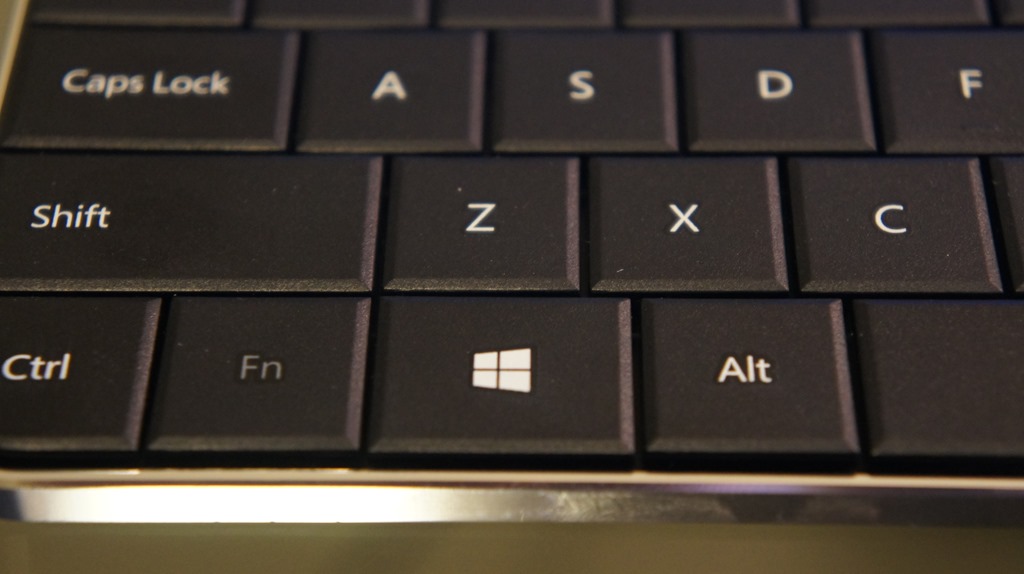
Microsoft debuts Wedge Touch Mouse and Mobile Keyboard for Windows 8
Microsoft's Surface tablet has received praise and only light criticism since its introduction a month ago. The innovative tablet addresses one of the biggest issues that computer professionals have when it comes to touch-based devices: the lack of a physical keyboard.
But Surface is not the only product that Microsoft will be making available to accommodate the launch of much-anticipated Windows 8. The company just announced the availability of four hardware peripherals that have been specifically designed for the next version of Windows.

Microsoft's Exploit Mitigation Tool (EMET) gets a new bag of tricks
Hackers are having a field day these days. No one is safe. But that doesn't mean that Microsoft or other companies aren't trying to design mitigation techniques to keep hackers out.
In that vein, Microsoft released the enhanced Mitigation Experience Toolkit (EMET) which is designed to help prevent hackers from gaining access to your system. Yesterday, the company made available a preview version of EMET 3.5, introducing four new mitigation features construed at mitigating Return-Oriented Programming (ROP) attacks.
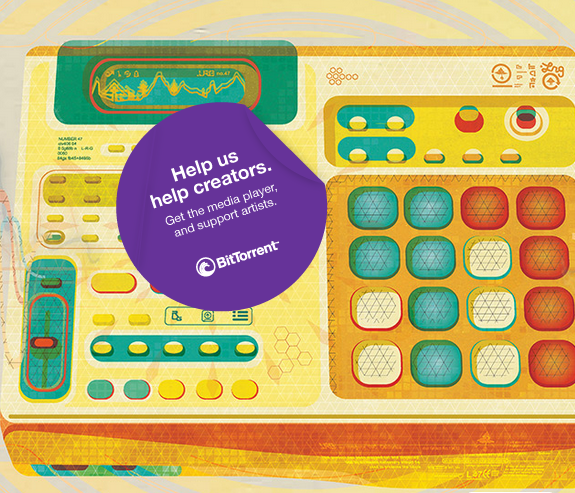
BitTorrent: Entertainment's future is free, and includes RealPlayer
How do you monetize a technology that is hard to monetize? BitTorrent, the company behind all things torrent and the uTorrent client has several answers for that. Not long ago it began to offer the uTorrent Plus client that added features like antivirus protection, a build-in media player or a media converter for a price to the uTorrent program.
But that did not really solve the question that artists and other members of the entertainment industry were asking: how are they going to monetize their content using BitTorrent?
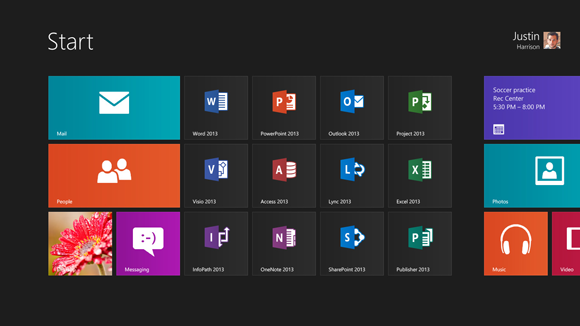
A (p)review of Microsoft Office 2013
Microsoft released the preview version of Office 2013 less than a week ago. This new installment of the productivity suite has many of the same features as its previous versions, 2003, 2007, and 2010: Word, Excel, Access, PowerPoint, and Outlook. But there are other programs as well, and Microsoft has connected the Office Suite to the Azure Cloud.
In this review I’ll discuss the requirements for installation and the installation process. I’ll also discuss the contents of three of the Office 2013 suite programs, Word, Excel and PowerPoint, and how the cloud-based Office 365 may change the way many users work with the suite. I’ll also talk about Windows 8 integration, and wrap up with a discussion about the impact that Office 2013 can have in business enterprises.

Crowd funding: How to limit the risk of getting ripped off
The Kickstarter website has moved crowd funding into mainstream media. There is virtually no news site, newspaper or TV network left out there that has not reported on recent funding success stories. You may have heard about Double Fine Adventure's million Dollar ride that got the ball rolling for some serious game funding on the site, or Pebble, the e-paper watch for iPhone and Android that managed to rake in more than $10 million.
People who pledge a certain amount of money often get something in return. In the case of Double Fine it is a copy of the adventure game that the developers want to produce with the money, and for Pebble, it is one of those iconic watches. Pledges can be retracted for as long as the funding has not ended. Afterwards, the money is only transferred if the funding has reached the desired goal. If that is not the case, backers are not charged a single dime. It gets fuzzy when a project has crossed the funding goal and reached the end of the funding stage. Once the money has been transferred, there is not really any transparency as to what happens with the money from that moment on forward.
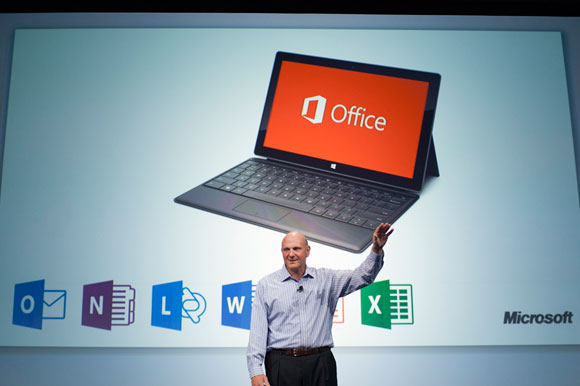
Meet Office 2013
On July 16, Microsoft has released a preview of Office 2013. In one sense it is a continuation of the Office 2010 office suite.
In another it is a new direction for Microsoft products. The new office suite has the standard office products: Word, Excel, PowerPoint, Outlook, and Access, but there is more to it. We highlight the many key new features and their potential benefits.

Microsoft learns from Apple -- hardware creates innovation, software doesn't
Earlier this week, Microsoft bought Perceptive Pixel, a touchscreen development company. Many people see this as Microsoft's commitment to the Surface tablet, the Windows 8 operating system and idea that touchscreen technology will play a much bigger role in the near future.
Currently, Perceptive Pixel has three different models featuring 27-inch, 55-inch and 82-inch touchscreens, and while that certainly is a long way from the 7-inch Surface tablet, it could very well mean that part of the company's technology finds its way into a second-generation tablet or a refresh of the first. The acquisition could have an even larger effect than that. Big changes are afoot.
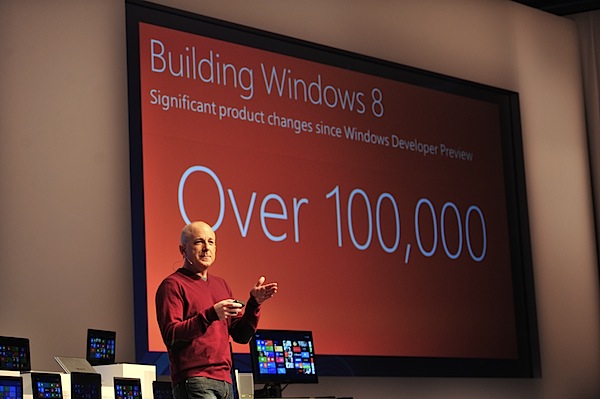
Windows 8 will be the new Vista?
What should business expect from Windows 8? Do they even want it? Do IT decision-makers believe the OS will provide them with additional features that will improve their business operations? We can’t fully know the answer until Windows 8 launches in October, although more will be revealed when volume-license subscribers get access to the software early next month.
For now, here is what we do know: Version 8 is a sharp break from the existing Windows brand of operating systems. That brand has been around since the DOS-days. Microsoft is striking out in new ways that will push the OS technology in new directions. Many businesses won't want to follow.
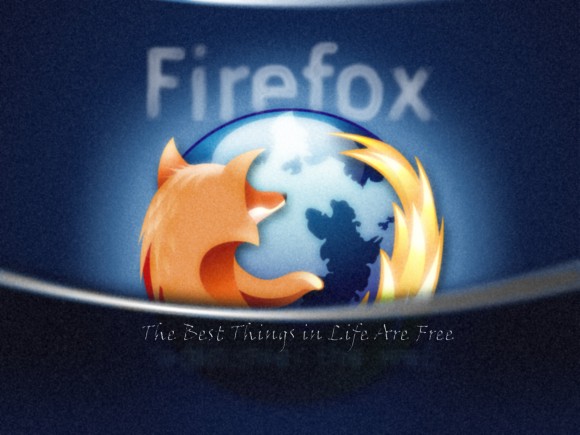
Even (some) Mozilla devs don't like Firefox's rapid-release cycle
Mozilla's move to a rapid release process has been controversial. The company basically switched from a "when it is done or necessary" approach to a release cycle that would see a new major version release of the browser every six weeks, regardless of new features, improvements or fixes included in that release.
Mozilla's problem: part of the browser's user base does not welcome the change with open arms, as they feel that rapid release is to interrupting, unnecessary or breaks features or extensions that users grew accustomed to.

Microsoft sets Server 2012 lineup and pricing, ditches Home Server
Server 2008 and Windows Home Server will soon be a part of Microsoft history. While Server 2008 provided many enhancements to the Server role in the Microsoft Network control system, the recent enhancements in technology, especially the Cloud, meant that the OS was behind the times in functionality. That is why the new OS will reflect the advances that are now prevalent in IT.
Server 2012 will be offered in four editions. These are Data Center, Standard, Essentials, and Foundation. A huge cut in versions when you compare it to the 12 versions that Windows Server 2008 R2 was available in. Microsoft continues its efforts to streamline its product line. The details of the four models appear below the fold.
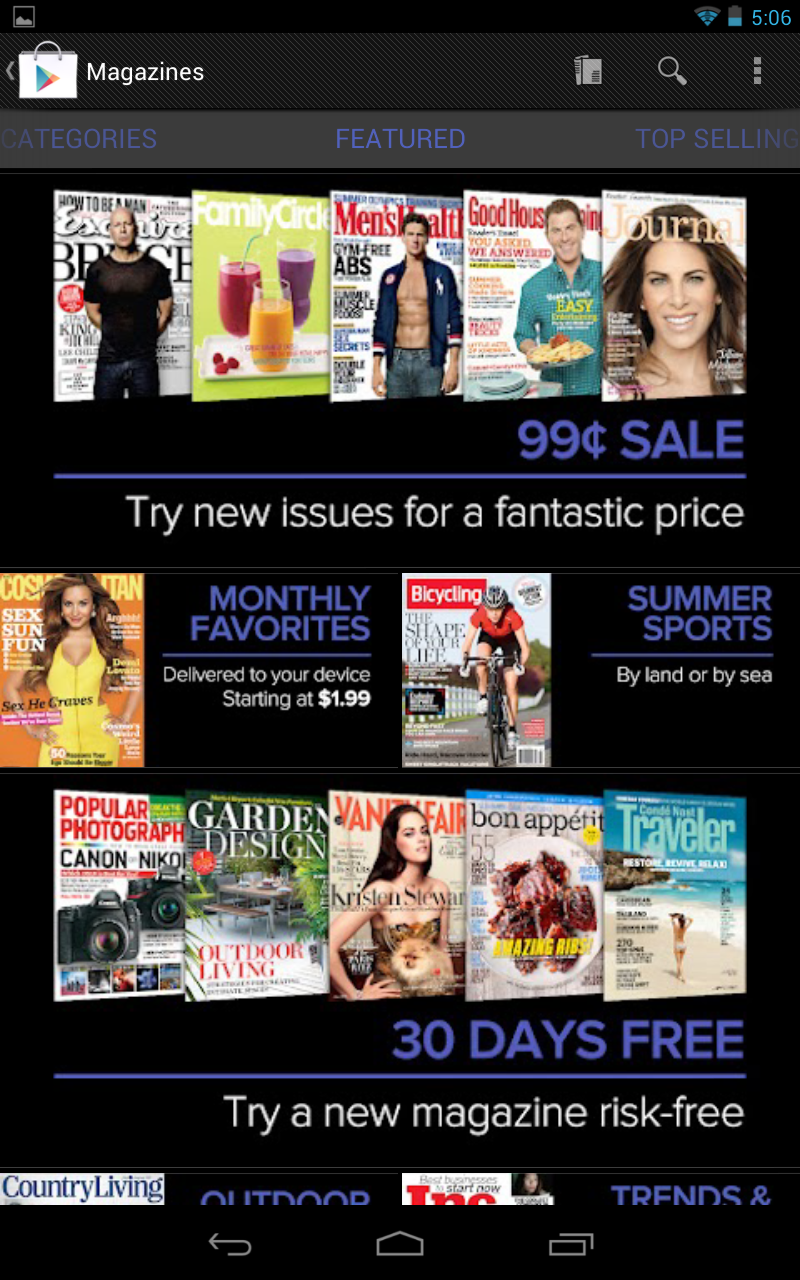
Sorry Europe, no music, magazines or TV shows for your Nexus 7 (yet)
Google's Nexus 7 tablet made quite an impact at the I/O developer conference last week. The tablet is powered by Google's Android 4.1 operating system, a quad-core Nvidia Tegra 3 processor, and either 8GB or 16GB of storage.
What makes the tablet interesting to a lot of people is not the fact that it is running Android 4.1, nor the hardware that it ships with, but the combination of what it packs and the price that Google is charging for it. But something is missing -- that is for people living on the Continent. That combination, the package, is missing something.

Four things you REALLY need to know about Windows 8 upgrades
Two days ago, Microsoft revealed that it would run an upgrade promotion in most markets that would allow Windows customers to buy a downloadable upgrade to Windows 8 Pro for $39.99. Joe Wilcox asks if $40 is too much to pay for Windows 8 and current results show that customer opinion is split in half. About 43 percent of all users who participated in the poll stated that they would upgrade for the price, while roughly 42 percent stated they would not.
However, respondents are missing crucial information, because the original announcement at Blogging Windows fails to address certain upgrade-related aspects that Windows customers need to make an educated decision. One requirement will shock many Windows users.

